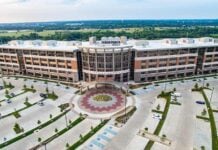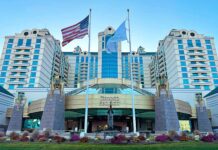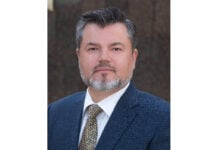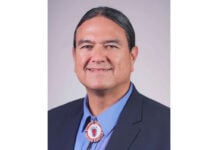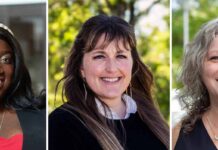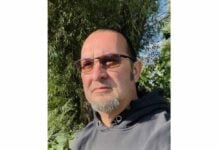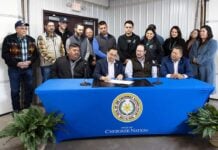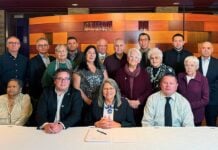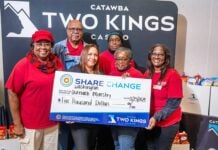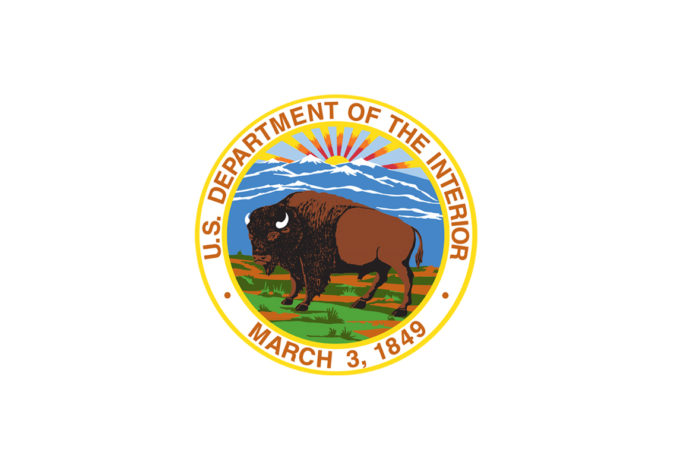WASHINGTON, D.C. – The Department of the Interior last week announced the final replacement names for nearly 650 geographic features featuring a derogatory term that has historically been used as an offensive ethnic, racial and sexist slur, particularly for Indigenous women. A final vote from the Board on Geographic Names completed the historic efforts to remove the term from federal use.
Indigenous leaders across the country responded with the following statements:
Bobbi Webster, Oneida Nation, PR Director: “Almost every young woman growing up on a reservation going into a non-reservation school has heard that term, has been called that. It was mean, and it was spiteful, and it was very hurtful.”
Jennifer Jermaine, White Earth Nation, Arizona State House Representative: “Changing the names is important to our Native community. It is important to all women to ensure geographic sites do not include defamatory terms meant to degrade and harm women in their names.”
Victoria Steele, Seneca Nation/Cayuga Nation, Arizona State Senator: “This means so much to me. This goes to show the importance of having Indigenous representation at the highest level.”
Vernon Finley, Confederated Salish and Kootenai Tribes, Former Chairman: “I think this will help bring awareness that we’re not mascots; we’re not just a sideshow. We’re living, breathing cultures. America’s claim is that rights are ‘for all.’ Yet, they fail to see that the original people of this continent are disrespected and ignored and treated as if we don’t exist. This will bring awareness that we aren’t gone; we aren’t anti-American. We’re human beings.”
Ron Corn Sr., Menominee Indian Tribe of Wisconsin, Chairman: “That helps mitigate a piece of the past that we just assumed would not perpetuate. So I think as a society we’re coming to terms with how we treat one another respectfully.”
Matthew Campbell, Native Village of Gambell, NARF Deputy Director: “Federal lands should be welcoming spaces for all citizens. It is well past time for derogatory names to be removed and tribes to be included in the conversation.”


